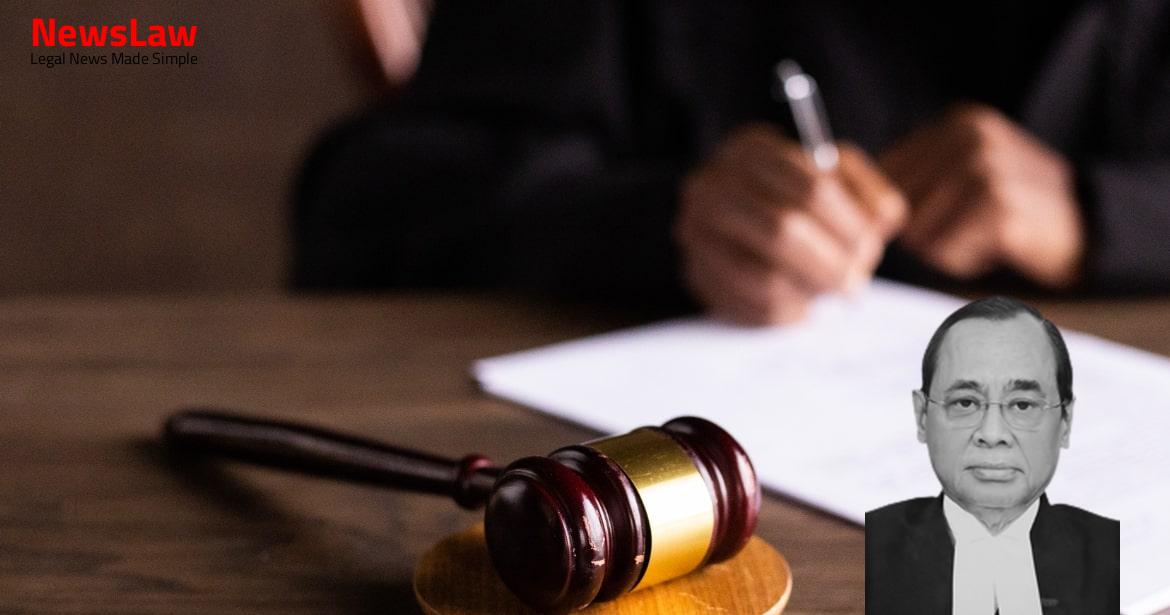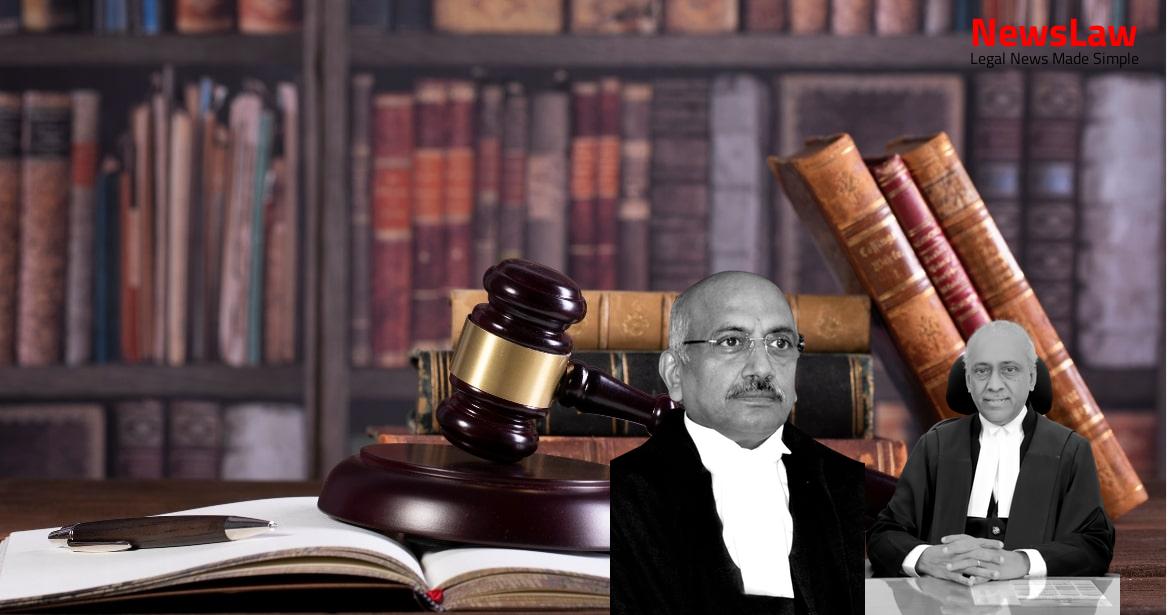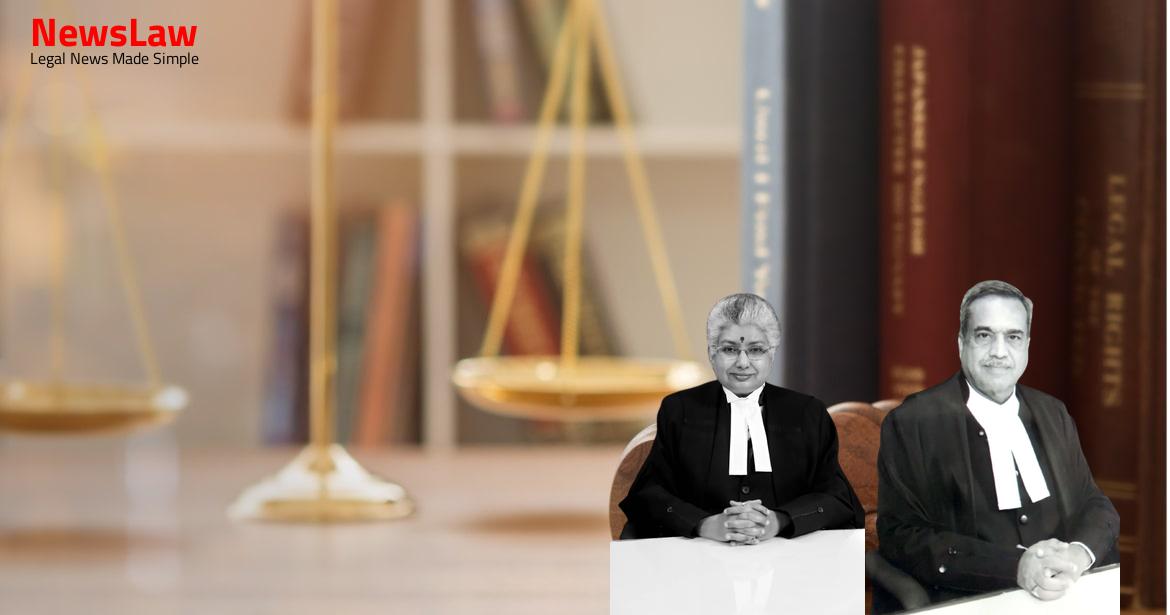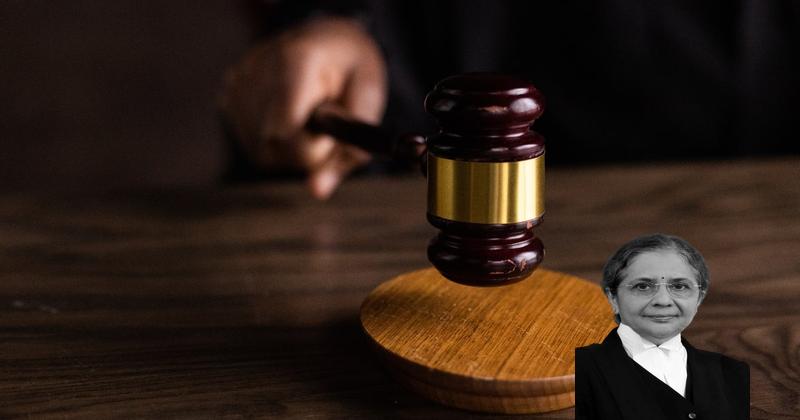In a groundbreaking move, the Supreme Court of India has provided a decisive ruling on the determination of essential religious practices in the cases of Commissioner, Hindu Religious Endowments vs. Shri Lakshmindra Tirtha Swamiar and Durgah Committee, Ajmer vs. Syed Hussain Ali. This judgement marks a pivotal moment in constitutional jurisprudence, addressing the protection of religious practices and the permissible extent of Public Interest Litigations. Stay tuned for more insights on this significant legal development.
Analysis
- The decision by a larger bench will instil public confidence and uphold the principle of hearing substantial questions of law by a minimum five-judge bench.
- There is a pending issue about the power of constitutional courts to decide on practices essential to religion, like female genital mutilation in the Dawoodi Bohra community.
- There is a need for judicial policy aligned with the Supreme Court’s powers for an authoritative clarification of constitutional principles by a bench of at least seven judges.
- Key issues include the protection of essential religious practices under Article 26 and the permissible extent of PILs questioning religious practices of a denomination.
- In matters involving constitutional interpretation of religious rights, a larger bench of judges matching the significance of the issue is warranted.
- Different cases regarding the restriction of entry of women in places of worship raise similar questions and need to be heard together.
- Maintaining judicial discipline and proceeding collectively on related issues is essential.
- The necessity to define ‘essential religious practices’ to avoid subjectivity and ensure consistency in jurisprudence.
- The decision of a larger bench will bring clarity on rights under Articles 25 and 26 of the Constitution and unify diverse judicial opinions into one authoritative stance.
- The court can enquire into a particular practice if it is integral to a religious denomination.
- The determination of such practices may be left to the head of the section of the religious group.
- Interpretation of the expression ‘sections of Hindus’ in Article 25(2)(b) of the Constitution is significant.
- Seven Judges bench decision in Commissioner, Hindu Religious Endowments, Madras vs. Shri Lakshmindra Tirtha Swamiar of Shirur Mutt established that essential religious practices should be determined by the denomination itself.
- Five Judges bench decision in Durgah Committee, Ajmer vs. Syed Hussain Ali & Ors. allowed the court to exclude secular practices or superstitious beliefs.
- There seems to be a conflict between these two decisions that requires consideration by a larger Bench.
- The larger Bench may also decide on whether the Kerala Hindu Places of Public Worship (Authorisation of Entry) Rules, 1965 apply to the temple in question.
Decision
- The consideration regarding the grant of a fresh opportunity to all interested parties needs to be carefully evaluated.
- It may be necessary to determine if a new opportunity is required for all concerned parties.
- The decision on granting a fresh opportunity must take into account the interests of all parties involved.
Case Title: KANTARU RAJEEVARU Vs. INDIAN YOUNG LAWYERS ASSOCIATION THR.ITS GENERAL SECRETARY MS. BHAKTI PASRIJA AND ORS.
Case Number: R.P.(C) No.-003358 / 2018



